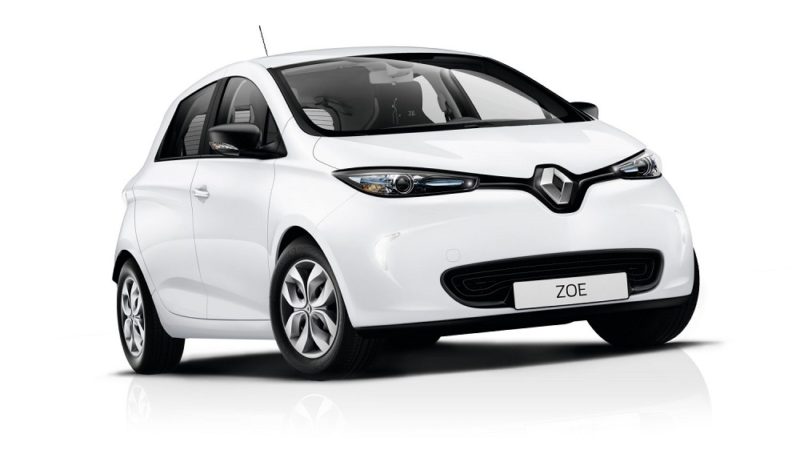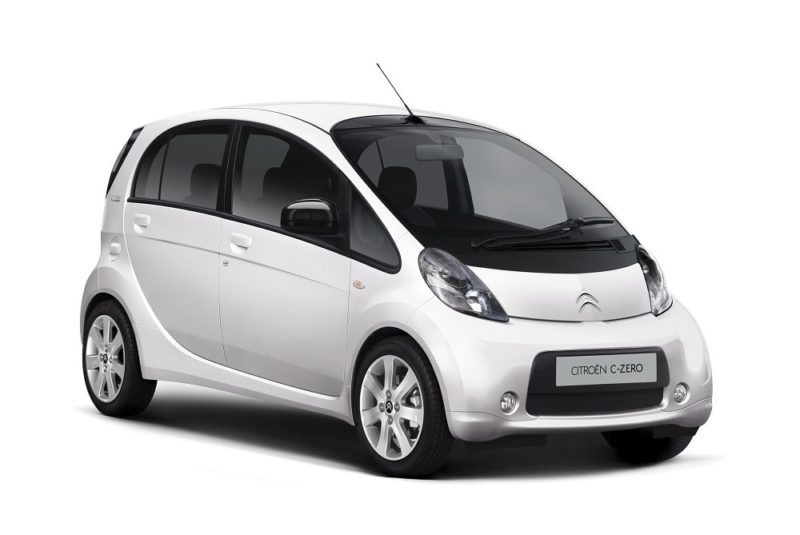France to Ban Petrol and Diesel Cars by 2020
Ashley Allen / 7 years ago

France will end the sale of petrol and diesel cars by 2040, a government minister announced. Nicolas Hulot, France’s new Ecology Minister, unveiled the plans as part of the country’s plan to meet environmental targets set by the Paris climate accord. Indeed, Hulot is a famed environmentalist, appointed to government by new French President Emmanuel Macron.
“A Veritable Revolution”
Hulot made the announcement at a press conference on Thursday (6th July). He said:
“We are announcing an end to the sale of petrol and diesel cars by 2040.”
Hulot went on to call the move a “veritable revolution”. He did admit that the new policy will be difficult to implement, but he remained confident in its success. He explained:
“Our [car]makers have enough ideas in the drawer to nurture and bring about this promise […] which is also a public health issue.”
In fact, French car manufacturers Renault and Citroen are partly state-owned.

“A Very Clear Signal”
Experts hailed the ambitious French position on petrol and diesel vehicles. Professor David Bailey, an automotive industry expert at Aston University, said:
“The timescale involved here is sufficiently long term to be taken seriously. If enacted it would send a very clear signal to manufacturers and consumers of the direction of travel and may accelerate a transition to electric cars.”
However, Tony Seba, a Stanford University economist, branded the move redundant, arguing that electric cars are already taking over. He said:
“Banning sales of diesel and gasoline vehicles by 2040 is a bit like banning sales of horses for road transportation by 2040: there won’t be any to ban.”
The data seems to support Seba’s position, at least in Europe. According to Reuters:
“Sales of diesel cars have been falling since a Volkswagen diesel emissions scandal back in 2015, but have dropped faster after some cities, including Stuttgart and Munich, said they were considering banning some diesel vehicles, blaming emissions for a rise in respiratory disease.”



















